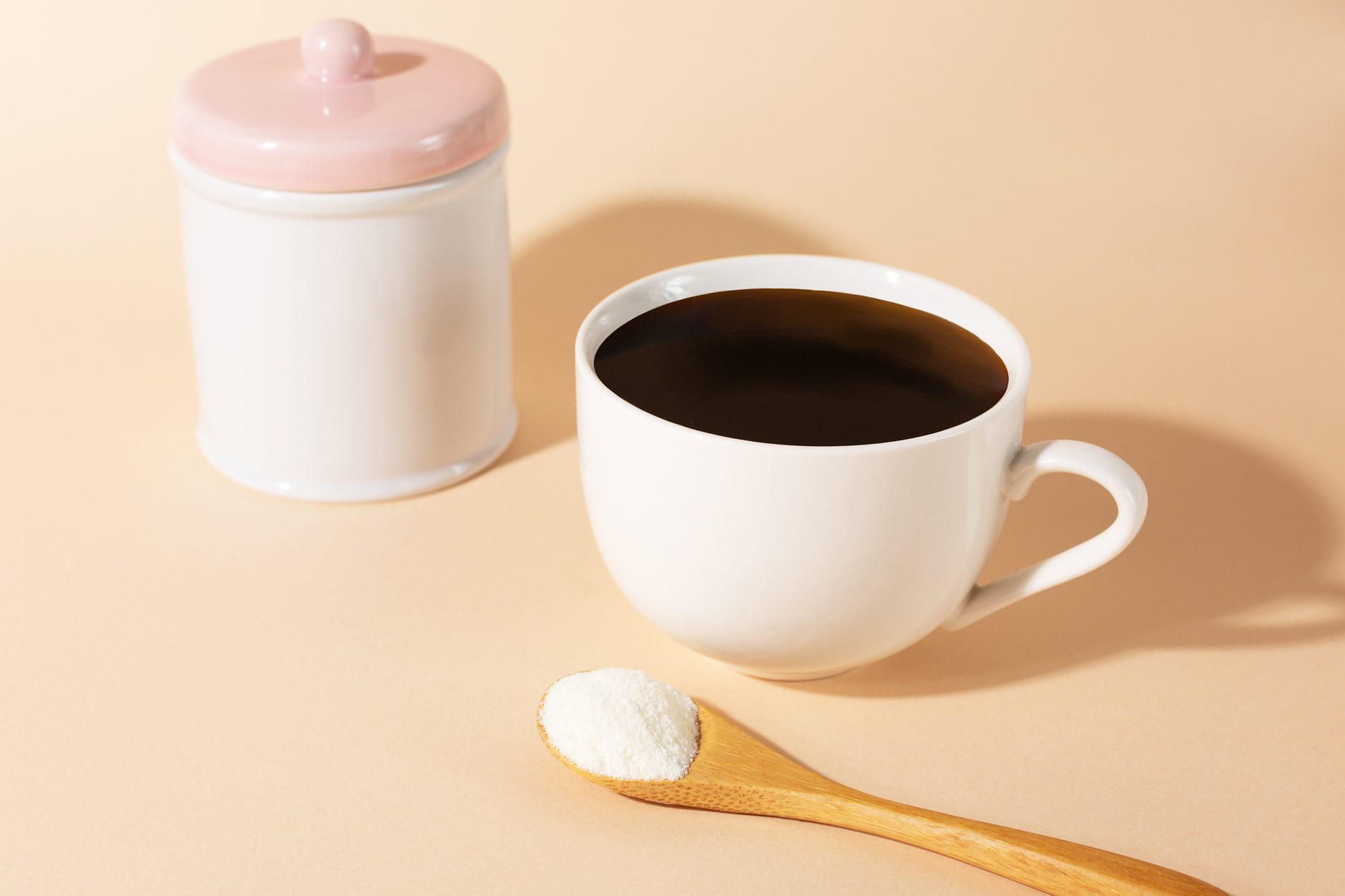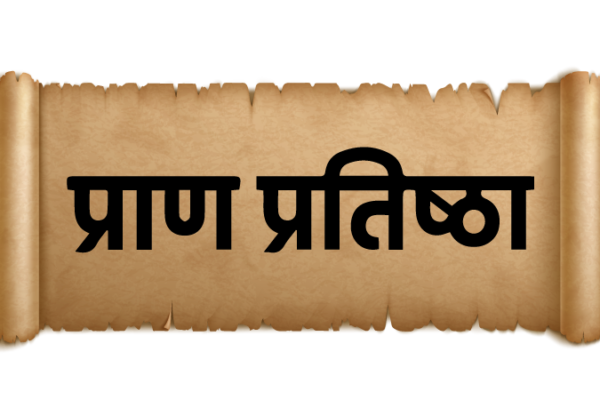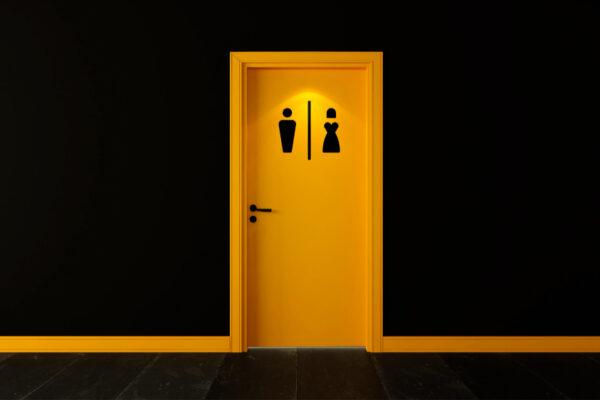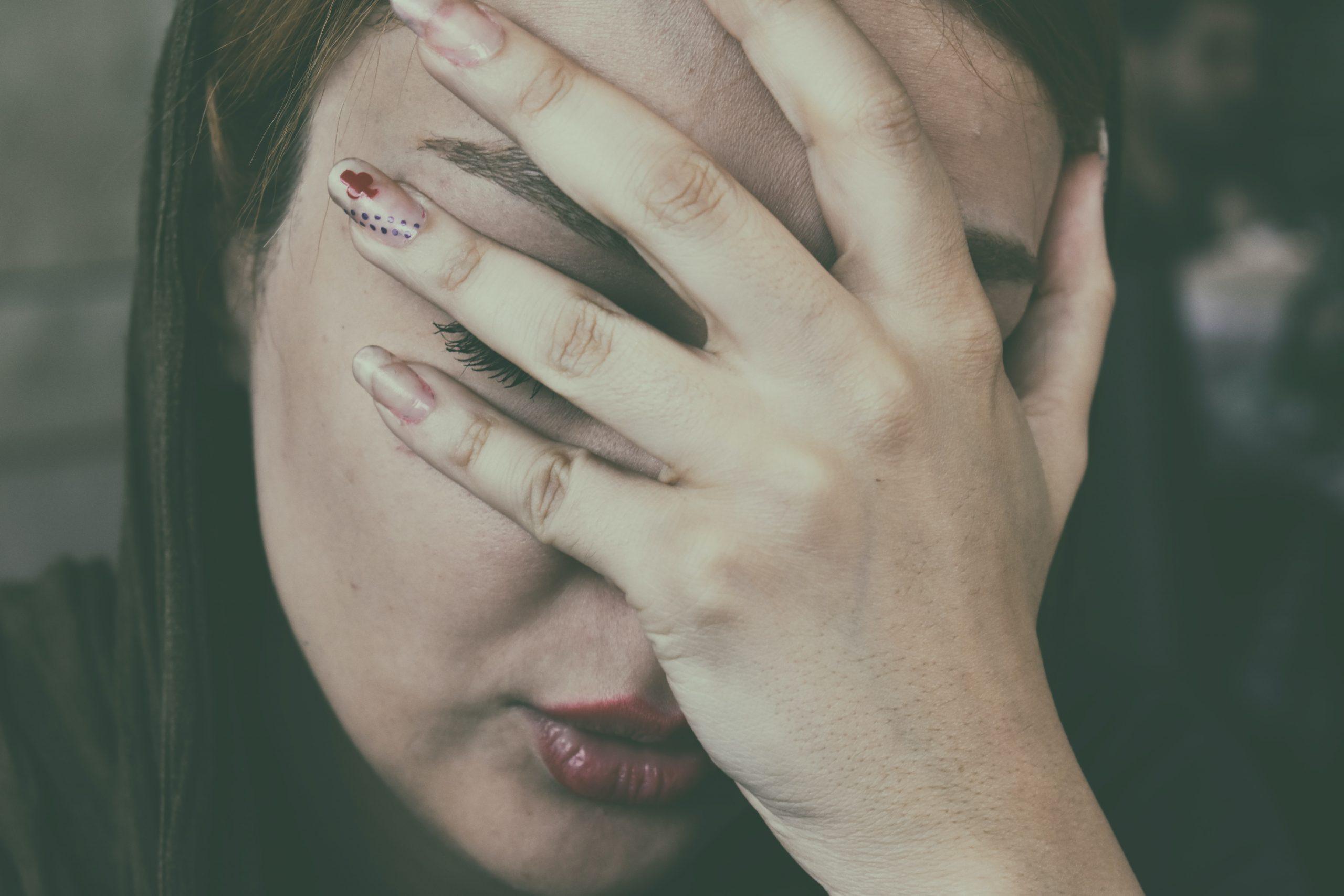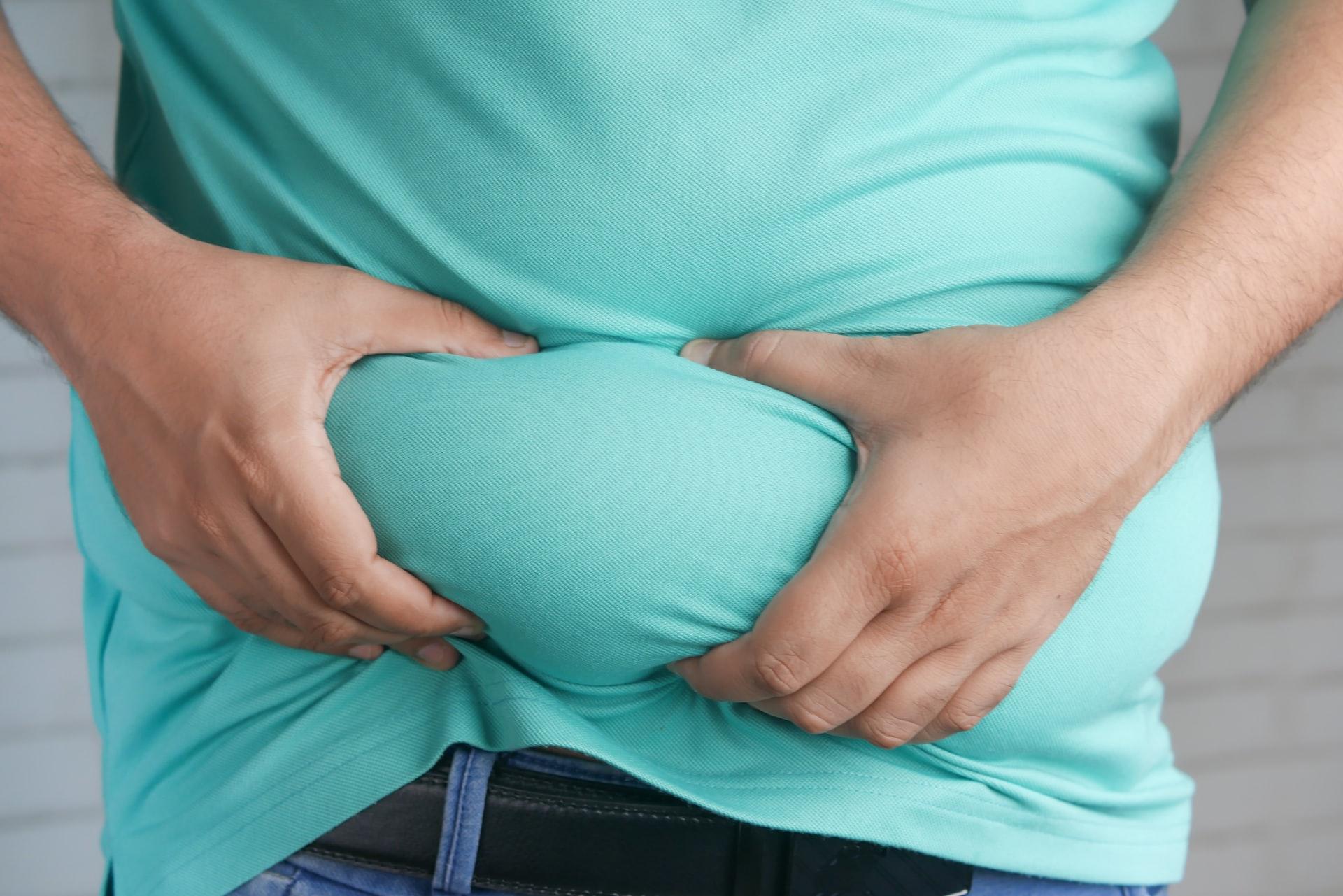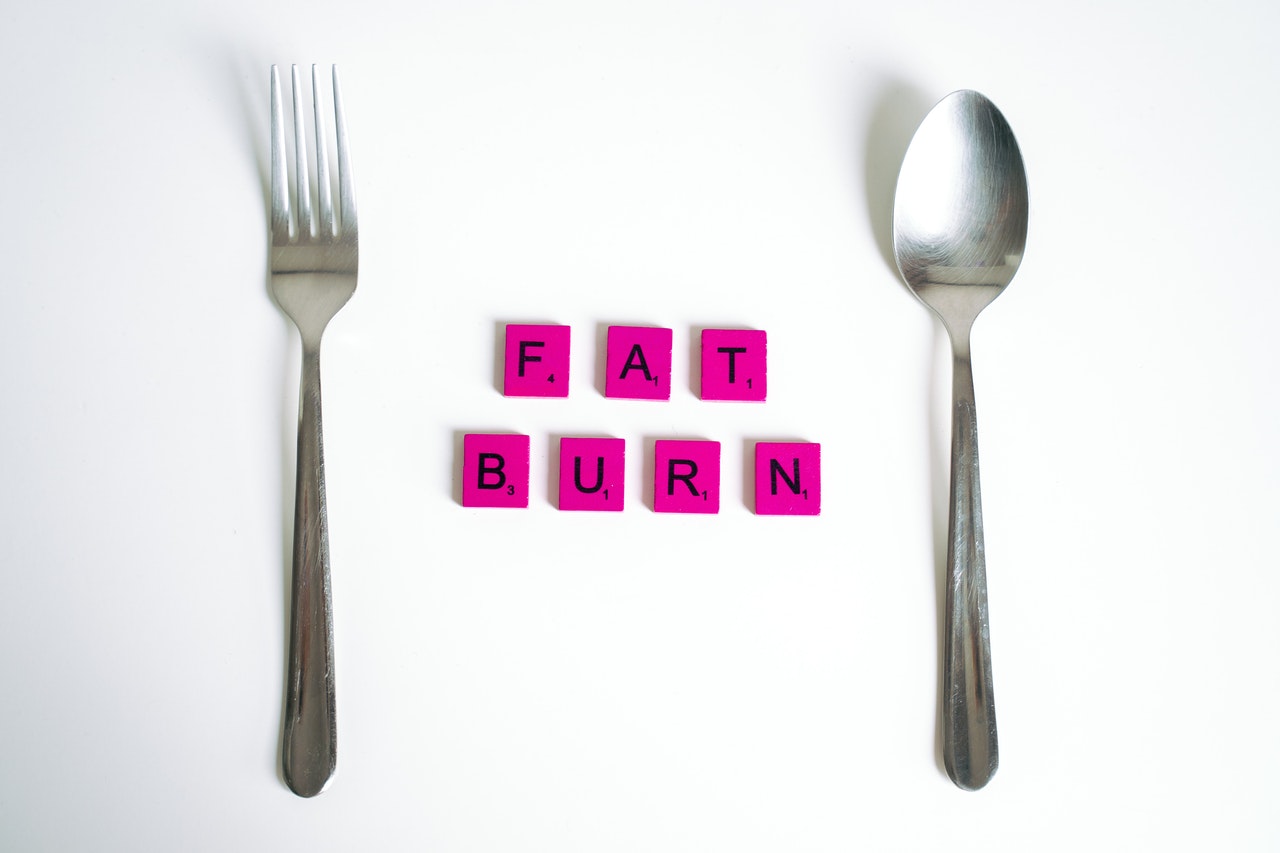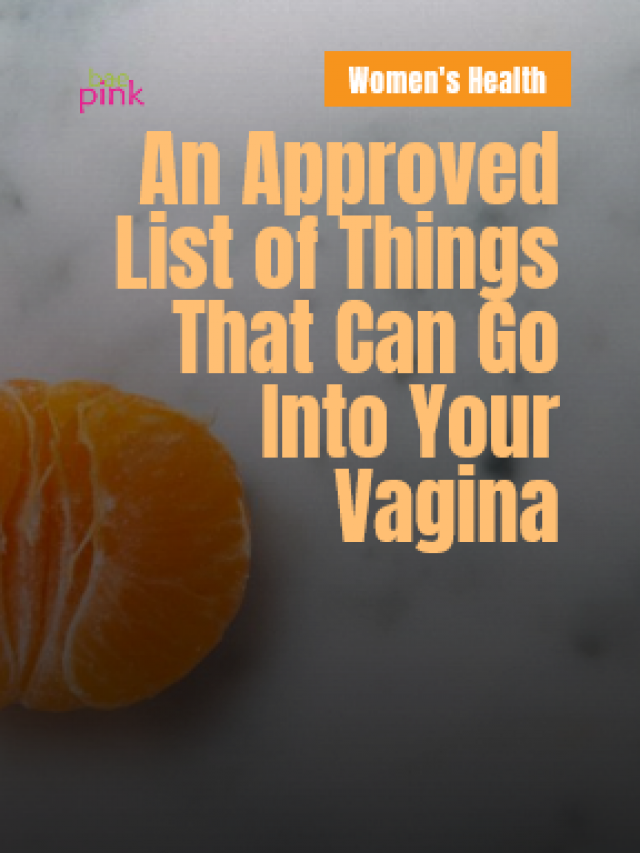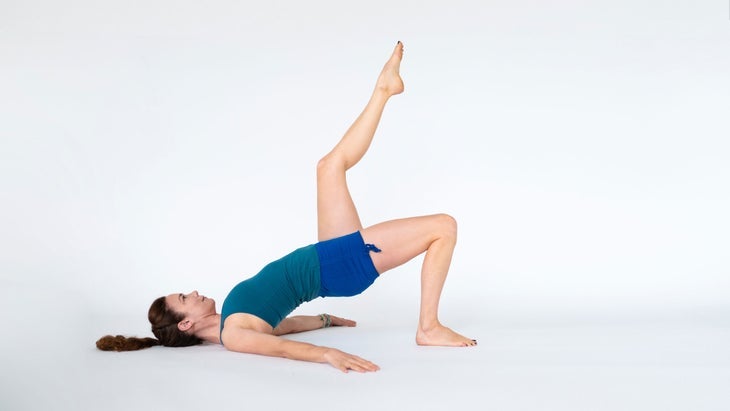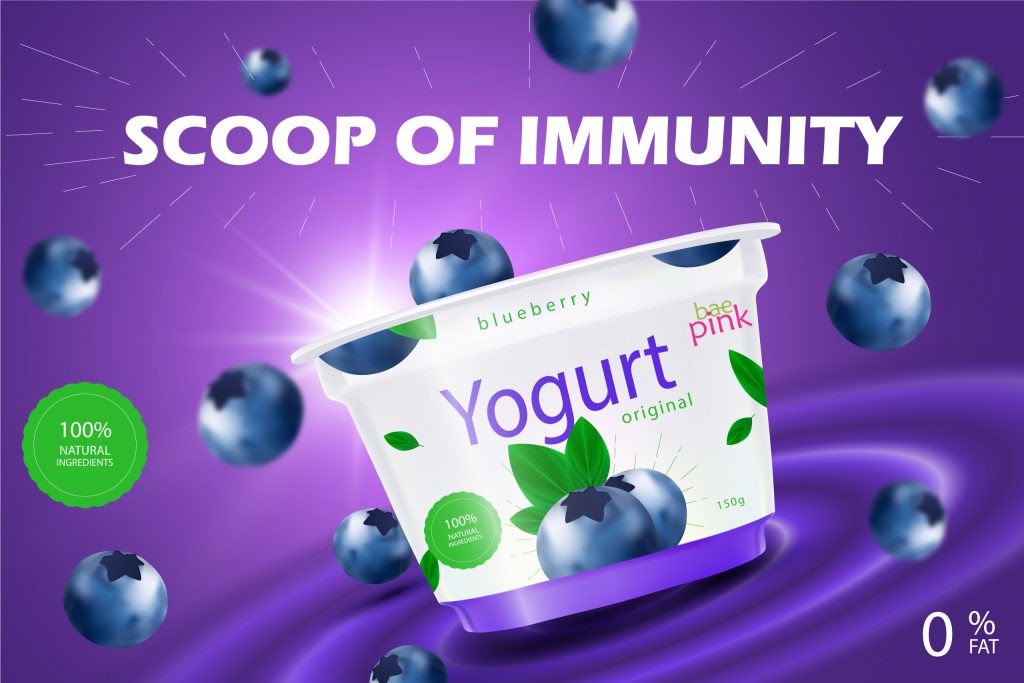Do you crave coffee in the morning but can’t handle the side effects? Here are our 5 energy-boosting alternatives you need to try instead of coffee for a quick pick me up.
Are you one of those people who finds it difficult to function without your morning cup of coffee?
For many people, a quick pick-me-up in the form of a morning cuppa can give you the boost you need for the school run or get your working day underway.
However, coffee has consequences. Caffeine is something we should all limit, but some people don’t have much tolerance.
Getting the jitters can be one of the impacts of a cup of coffee, and it can also cause headaches, heartburn, and stomach problems.
If you suffer from this frustrating side effect, don’t worry. Here are five energy-boosting alternatives for those who want to kick the caffeine and fuel the body and brain differently…
#1 Apple Cider Vinegar
It feels like apple cider vinegar is recommended as a remedy for just about anything.
Want to feel full? Try apple cider vinegar.
Want to treat an infection? Yes, you’ve guessed it… apple cider vinegar.
However, not everyone knows that it is energy-boosting, too.
By stabilizing your blood sugars, apple cider vinegar helps to prevent the spikes and inevitable dips in energy after you eat and drink. It’s even been used as a treatment for diabetes by improving insulin function in the body.
Be wary, though – you don’t want to start downing neat apple cider vinegar.
It doesn’t taste good, plus it can damage your tooth enamel. At the very least, you should dilute the vinegar, but some people also try to mask the taste in a smoothie.

#2 Turmeric
Turmeric has been used in cooking for thousands of years. If you’ve ever had a curry, the chances are you’ve had turmeric.
The spice has loads of proven health benefits. In fact, clinical trials have found that curcumin (turmeric’s active ingredient) boosted participants’ energy levels – and even their brainpower!
Turmeric is a powerful anti-inflammatory and even boosts the levels of growth hormone in your body, too.
There are theories that this is one of the reasons why elderly people in India, where turmeric is most prevalent, have low levels of dementia.
The spice has loads of proven health benefits
Don’t worry – getting your daily dose of turmeric doesn’t mean starting your day with a curry. The Turmeric Co has developed a number of turmeric shots to quickly get all these benefits into your system.
#3 Matcha
Matcha lattes are not just another fad product in your local coffee shop. There’s much more to this nifty little ingredient.
Be warned, matcha does still contain caffeine in the form of ground matcha tea leaf. However, this processing method means that the caffeine is released over a longer period of time.
This makes it less likely that you will get those dreaded jitters. Matcha also tackles some of the other issues you might experience with coffee.
matcha is full of antioxidants – ten times more than a cup of green tea!
For example, you’re less likely to experience a caffeine crash. On top of that, matcha is full of antioxidants – ten times more than a cup of green tea!
Matcha is going mainstream. You can find it in supermarkets, and add it to the weekly shopping list, rather than having to order it in specially.
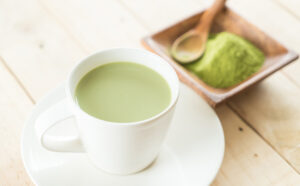
#4 Electrolytes
If you find yourself feeling sluggish, a lack of electrolytes could be the culprit.
Electrolytes are charged particles like potassium, magnesium, and sodium that the body needs, and when your body is low in electrolytes, studies have shown that you will likely start to feel fatigued and sluggish.
Luckily, this is one of the easiest health issues to address.
Find yourself feeling sluggish, a lack of electrolytes could be the culprit
One simple method is to drink water with slices of lemon, which contain a triple hit of potassium, calcium, and magnesium. If you’re not getting enough through diet, supplements are also an option.
#5 Yerba Mate
Yerba mate is another form of tea. Whilst it also contains caffeine, it provides a lower dose than coffee.
This magical-sounding drink is made from the dried leaves of the South American ‘ilex paraguariensis’ plant, and it’s been consumed ritualistically as a traditional remedy since ancient times.
Yerba mate’s energy boosts do come from caffeine, but anecdotal evidence points to it being a great alternative for people who tend to get the jitters – although further evidence is needed to back up these theories.
If not all caffeinated beverages cause you to shake or give you the dreaded ‘crash’ then Yerba Mate is worth trying.


